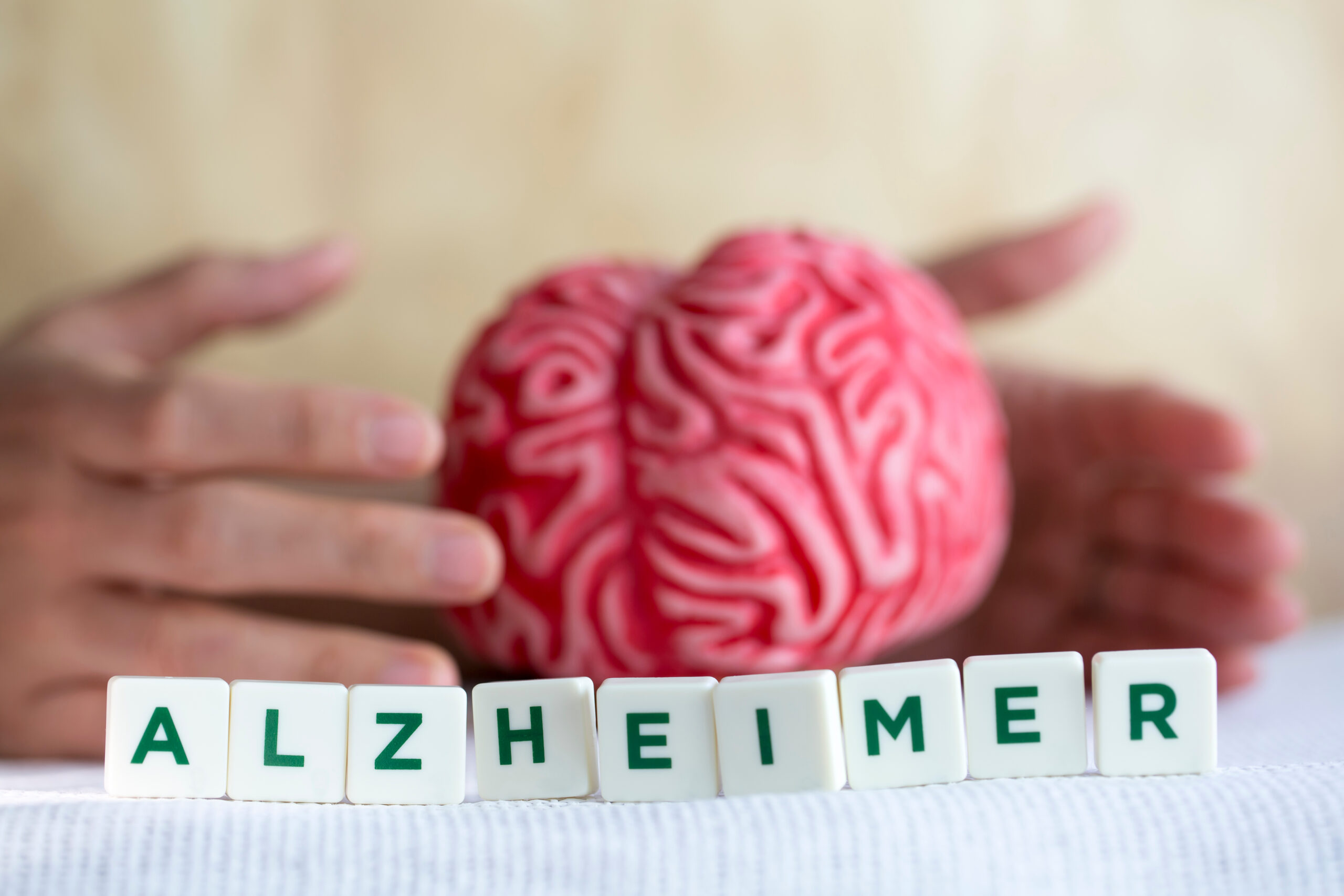The Dementia Breakthrough Big Pharma Tried to Bury
### A New Hope for Dementia Diagnosis: The Breakthrough Big Pharma Tried to Bury
Dementia is a complex and often misunderstood condition that affects millions of people worldwide. For years, researchers have been working tirelessly to find better ways to diagnose and treat dementia. Recently, significant breakthroughs have been made, particularly in the area of late-onset dementia, also known as LATE. This form of dementia is often mistaken for Alzheimer’s disease, leading to delayed or incorrect treatment.
#### The Challenge of LATE Dementia
LATE, or limbic predominant age-related TDP-43 encephalopathy, is a type of dementia that affects more than one-third of individuals aged 85 and older. It causes memory loss and can mimic Alzheimer’s disease, making it difficult to diagnose accurately. This misdiagnosis can mean that patients miss out on the most effective treatments available.
#### The New Diagnostic Criteria
To address this issue, researchers at the University of Kentucky’s Sanders-Brown Center on Aging have developed new diagnostic criteria for LATE dementia. These guidelines, published in Alzheimer’s & Dementia: The Journal of the Alzheimer’s Association, aim to distinguish LATE from Alzheimer’s disease and ensure patients receive the most appropriate care.
The new criteria specify how imaging and other diagnostic tools can be used to identify LATE. This distinction is crucial because treatments for Alzheimer’s disease are becoming increasingly tailored to specific disease mechanisms. Misdiagnosing LATE as Alzheimer’s could mean patients are given the wrong treatment, which could worsen their condition.
#### The Impact of Accurate Diagnosis
Accurate diagnosis of LATE dementia is not just about identifying the condition; it also helps in understanding how it interacts with other brain diseases, including Alzheimer’s. Correct diagnoses will help clinicians tailor treatments more effectively, improving outcomes for patients and paving the way for novel therapies.
#### Blood Tests for Dementia: A New Frontier
Another significant development in dementia diagnosis is the use of blood tests. The Blood Biomarker Challenge, a nationwide clinical trial, is underway to assess how blood tests could be used to detect dementia at various stages. This trial, supported by Alzheimer’s Society, Alzheimer’s Research UK, and other organizations, aims to bring dementia blood tests to the NHS within five years.
Blood testing offers the potential to revolutionize dementia diagnosis by providing an early and accurate diagnosis. This is crucial because an early diagnosis is key to ensuring everyone has access to the treatment, care, and support they deserve.
#### Ethical Concerns in Clinical Trials
While these breakthroughs are promising, there are also ethical concerns in clinical trials. Recently, it was revealed that some Alzheimer’s drug trials did not inform participants about their genetic status, particularly regarding the ApoE4 gene. This gene increases the risk of brain bleeds and swelling from certain anti-amyloid drugs. Not disclosing this information undermines informed consent and raises significant ethical concerns.
However, experts argue that the decision not to disclose genetic status at the time was justified because the link between ApoE4 and ARIA (amyloid-related imaging abnormalities) was less established. The understanding of this link has improved significantly since then, and it is now standard practice to inform participants about their ApoE4 risk.
#### Conclusion
The recent breakthroughs in diagnosing LATE dementia and the development of blood tests for dementia diagnosis offer new hope for patients and families affected by these conditions. These advancements are crucial for improving patient care and accelerating the development of effective treatments. While there are still ethical concerns in clinical trials, ongoing research and improved diagnostic methods are moving us closer to better understanding and treating dementia.
In summary, the journey towards better dementia diagnosis and treatment is complex but promising. With continued research and ethical considerations, we can look forward to a future where patients receive the most accurate and effective care possible.





